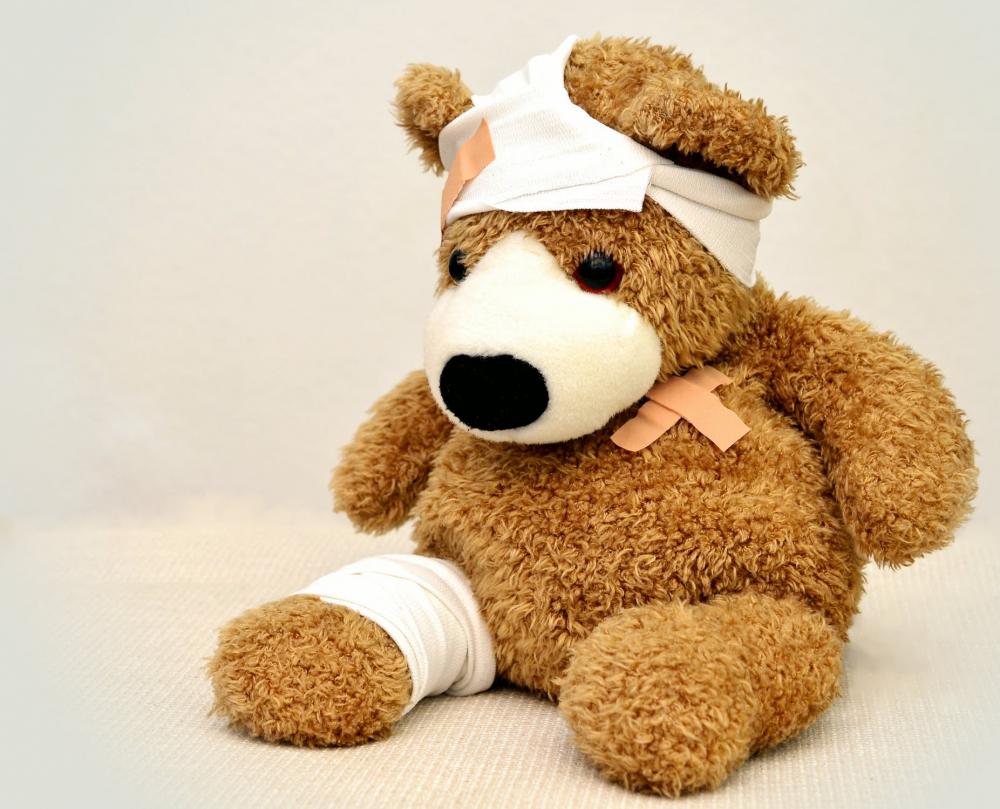As a medical professional, you know that there is nothing more important than helping others. And you also know how important it is to be excellent and effective at it, even more so if you run your own practice or work in a hospital. The decisions that a doctor takes based on diagnosis can impact everything, so they must have the correct information.
There are a lot of situations in medicine that are serious, and some that are life or death, so it is better not to worsen any medical condition. Now, you might ask yourself, how could anyone worsen a medical situation? Well, having the wrong medical translation can do that.
When going to the doctor, people expect to get the best care possible. So there should be no difference in the treatment they get, no matter where they are. While the doctor's work might be out of your hands, the decision to hire a medical translator isn't, and as a business, you should always make the best business decisions that also look out for your patients. Choose wisely, and avoid worsening fixable situations.
Medical translation is one of the fields in translation where preciseness is of the utmost importance. This means that even if one of your workers speaks the language they're translating into, they should not attempt to do so unless they are a qualified professional, given the requirement of highly specialized skills. At the end of the day, you know that a hospital or a practice is also a business, so you need to have excellent service so that'll people come back. However, the superb service here also translates to higher stakes, where a single mistake can cost you thousands in lawsuits and even your job.
Medical translation services do not only translate, but they also interpret from one language into another. What does that mean? It means that the translator knows how to say what the person feels so that the doctors treat that and not something else. Accuracy and efficiency in this field have to be guaranteed. There is zero tolerance for mistakes when it comes to the medical field.
This is why you, as a company, should not rely on free translation services on the internet such as google translate, or in family members and friends of the patients that are bilingual. Here is where qualified and highly skilled people should take over. You should also consider the impact that a family member does a wrongful translation can cause in them, as they might blame themselves if something were to go wrong, and that goes against the ethics of the medical field. The same thing can happen if a kid has to tell their parents' lousy news that shouldn't fall on their shoulders. Take the weight off their family and hire a medical translator; it is what is best for their health and your business, not to mention that the law requires it.
The top risks of having a wrong medical translation are getting an incorrect diagnosis and, thus, going through improper medical procedures. Medical translation mistakes are not only misinterpreted spoken words but also written. Now, you might be wondering how common those mistakes are? Common enough to guarantee a law being passed in the United States. Within the Affordable Care Act, in section 1557, all healthcare providers and insurance need to ensure a medical translator to any patient that is considered as being limited in English proficiency.
What are the most common mistakes? And what are some of the cases where this occurred? These are the cases that show how important it is to have medical translators in your business:
- A direct translation of words, which ends up in the wrong choices of words, whether written or spoken. Intoxicado in Spanish means that you ate or drank something that your body reacted against, while in English, it means that you are drunk or drugged. This mistake caused the severe injury of Willy Ramirez to be even worse when doctors treated him for a drug overdose instead of for the brain injury that he had.
- Having a medical professional, not a translator do the work. Or having a family member be the translator; this especially happens with kids. The Lin case is an example of this. The daughter had to communicate her condition to her parents and doctors, all while attempting to use the correct medical terms, which took away valuable time. Sadly, she passed away.
- Also, there are other written mistakes to consider. These include abbreviations, synonyms, neologisms, wrong word choices, among others. There is also the case of knee replacement surgeries in Germany. Due to a mistake in the labels of the prosthesis, forty-seven people got the incorrect knee replacements and had to undergo two operations instead of one.
So, as you can see, the top risks of medical translation are that they can endanger the health of people. It is not only while being treated, but the aftermath of treatment and its instructions are also crucial for a full recovery. The risk of having someone be ill again, or not treated correctly are far too great not to be taken seriously. Of course, not every sickness is a life or death situation, but that doesn't mean that you shouldn't take all matters concerning your patients very seriously. That single decision can make the most positive impact on the diagnosis and care of your patients. And it is also the most sensible business decision, and also required by law. So, let a professional translator handle it and focus on attending your patients and giving them the best care possible.

